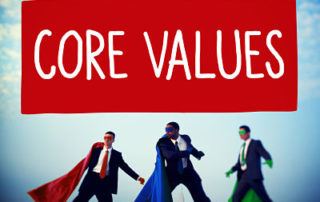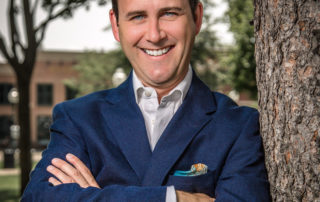The Importance of Customer Experience in Inspiring Customer Loyalty with Peter Shankman
Developing outstanding customer service. Inspiring unwavering customer loyalty. Creating passionate customer advocates. We all want it. We all need it. But how do we get it? “I think at the end of the day all you have to do to be different and be remembered is just be a little bit better than what we [...]










